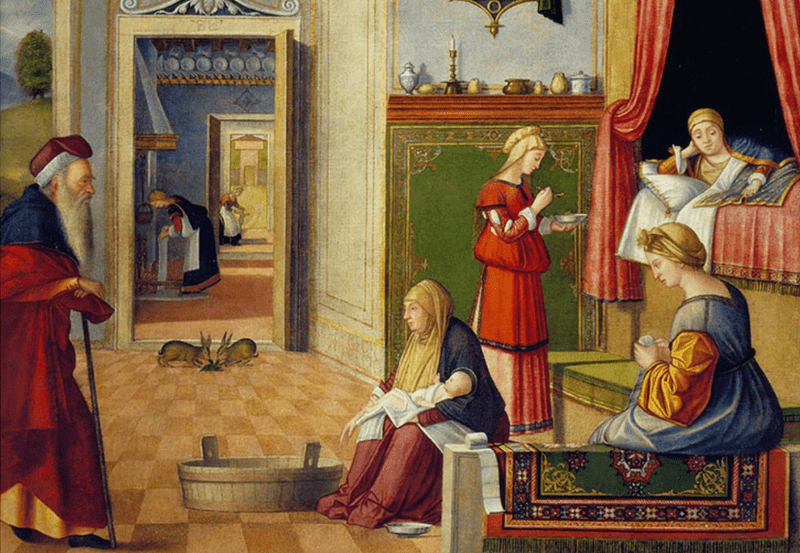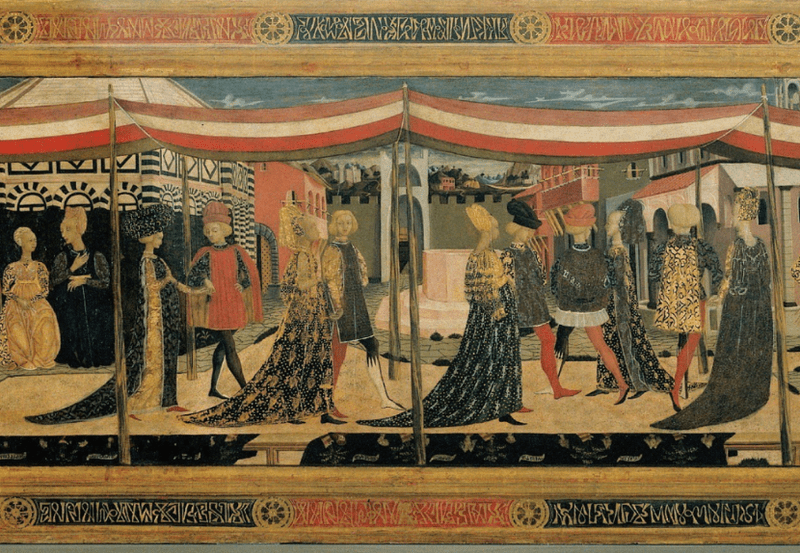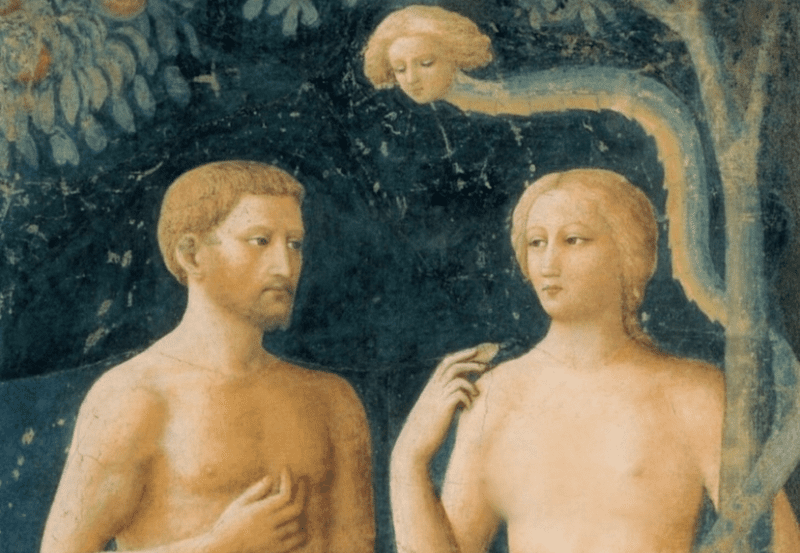No products in the cart.
FREE WEBINAR | “Andrea del Verrocchio: Teacher of Leonardo” with Dr. Rocky Ruggiero
March 3, 2026
1 hour




ONLINE HISTORY COURSE
“Women, Gender, and Family in Renaissance Florence: Daily Lives and Social Dynamics”
LIVE HISTORY COURSE with Dr. Fabrizio Ricciardelli
Dates: April 22, 29 and May 6, 2026
Schedule: Wednesdays
Time: 2:00 – 3:15pm ET | 11:00am – 12:15pm PT |
7:00 – 8:15pm London
Contact Hours: 3 Hours 45 Minutes
Credits: Certificate of Completion
ONLINE HISTORY COURSE “Women, Gender, and Family in Renaissance Florence: Daily Lives and Social Dynamics”
Course Description:
This short course explores the roles, representations, and lived experiences of women and families in Renaissance Florence, with a focus on gender as a social and cultural construct. Drawing on a range of primary sources—including letters, legal documents, and religious texts—alongside recent historiographical debates, the course investigates how gender norms shaped everyday life in a city marked by economic power, political intrigue, and cultural innovation. Topics will include marriage customs, motherhood, domestic labor, female piety, and the boundaries between public and private life. Special attention will be given to how class, religion, and political status intersect with gendered expectations, revealing both the constraints imposed on women and the spaces in which they exercised influence and agency.
Virtual Classroom: Full access to an online educational platform with videos of recordings, syllabus and readings.
Location: LIVE INTERACTIVE ON-LINE HISTORY LECTURES
Optional Readings: Information will be provided 2 weeks before the start of the course.
Complete syllabus will be provided 2 weeks before the start of the course.
LECTURE 1 – Family, Household, and the Patriarchal Order
Wednesday, April 22
Centering the household as the foundational unit of social organization, this session delves into the intricate structures of family life and the gendered division of labor in Florentine society. It examines the economic roles of women, their responsibilities in household management, patterns of fertility and child-rearing, and the enduring moral and legal authority of the paterfamilias. Drawing on sources such as wills, dowry records, and domestic manuals, the session sheds light on the complex interplay between constraint and agency, revealing how women navigated, negotiated, and at times subtly subverted the expectations of patriarchal norms to exert influence within the domestic sphere.
LECTURE 2 – Women in the City: Roles, Norms, and Expectations
Wednesday, April 29
This session introduces the legal, religious, and cultural frameworks that shaped women’s roles in Renaissance Florence, providing essential context for understanding gender dynamics in the period. It examines the norms surrounding marriage, chastity, obedience, and domesticity, and how these ideals were reinforced through institutions such as the Church, the family, and civic law. The session also explores how factors such as age, social class, and marital status affect women’s opportunities and limitations. Through analysis of marriage contracts, dowry arrangements, legal statutes, and moral treatises, participants will consider how Florentine society constructed gendered boundaries between the public and private spheres—and how women conformed to, negotiated, or resisted these roles in their daily lives.
LECTURE 3 – Between Norms and Transgressions: Gender, Sexuality, and Social Life
Wednesday, May 6
This session explores the complex intersections of gender, sexuality, and social life in Renaissance Florence, a society marked by rigid hierarchies yet permeated by subtle negotiations of identity and desire. Moving beyond prescriptive norms, it examines how individuals navigated the expectations of patriarchal family structures, gender roles, and moral codes. Particular attention is given to the lived experiences of women and to expressions of same-sex desire—especially male homoerotic relationships—which, while criminalized, were also strikingly pervasive. Drawing on archival sources such as court records, dowry contracts, moral treatises, and domestic manuals, the lecture reveals a world in which social conformity and personal agency existed in constant tension. By situating both normative behaviors and transgressive acts within their broader cultural and legal frameworks, the session offers a nuanced portrait of how Florentines defined, policed, and occasionally defied the boundaries of gender and sexuality.
Fabrizio Ricciardelli earned his undergraduate degree in Medieval History at the University of Florence (Italy) and his Ph.D. at the University of Warwick (England). Since 2004 hew was professor of “Renaissance History” at Georgetown University. Between 2010-2012 he was Academic Director of the Georgetown University program in Florence. In 2010 he became Chairman of the scientific committee “Villa Le Balze Studies”. In 2012 he was appointed Director of the Kent State University program in Florence. His academic experience includes journal articles, conference presentations, and several reviews. He has authored and co-authored numerous books on institutional and political history. His main field of study is Italian city-states in the social, economic, political, and cultural landscape of Medieval Europe. Ricciardelli has recently embarked upon the study of the relationship between emotions and passions as forms of political persuasion in Renaissance Italy. His latest publication are A Short History of Florence(2019) and The Medici. The Power of a Dynasty(2021).